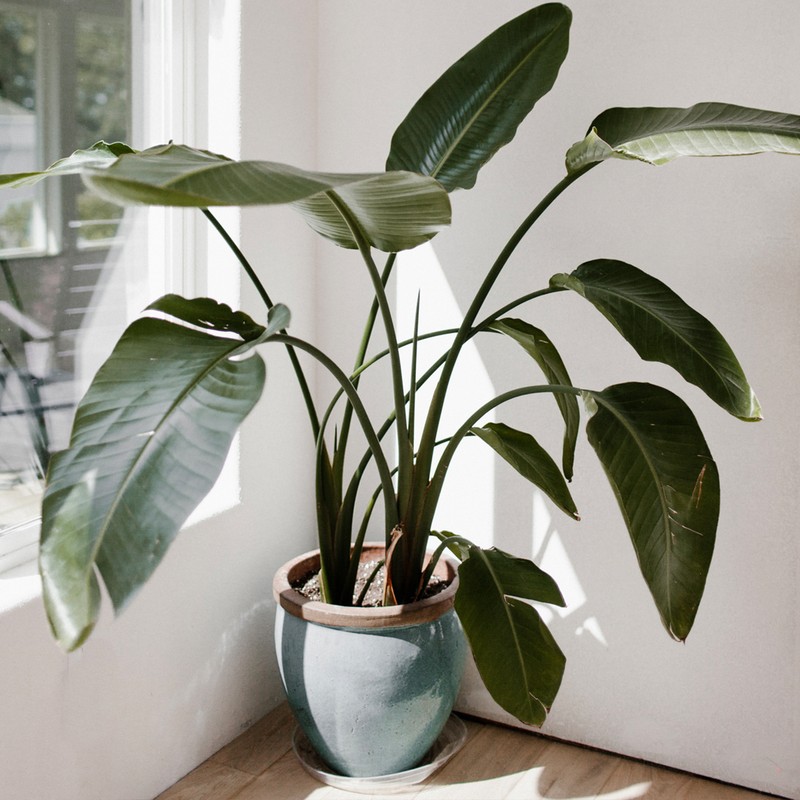
How & Why To Incorporate House Plants Into Your Space
Greenery Reduces Stress
“Not only do plants look great and help to bring our homes to life, there’s also significant evidence which shows plants can help to boost our physical and mental wellbeing,” says James. “Bringing plants into our homes can reduce stress, too, while studies have shown that interacting with plants can induce physiological and psychological relaxation, and can even help improve the recovery process after having surgery.”
Looking after plants and watching them thrive also unlocks our innate desire to care for living things and interact with nature. And by focusing your attention on caring for your plants, it allows you to focus solely on the present moment and distract your brain from anxious thoughts, according to the researchers at Forest Healthcare.
Your Productivity Will Increase
A research study conducted by Exeter University found out indoor plants can improve concentration, productivity and wellbeing by 47%. Forest Healthcare expert Chris Salter explains: “These effects come from stimulating plant colours, calming aromas and oxygenating abilities. With many of us working from home, or stuck inside when the weather isn’t great, we’re often exposed to high amounts of CO2, which make it harder to concentrate and think clearly. The oxygen created by indoor plants helps to balance the level of CO2 in our bodies.”
“As we continue to spend more time working from home, it can be very worthwhile to add a few small desk plants to your home office set-up,” James continues. “Plants have been shown to increase productivity by up to 15% as they help to improve our attention span and help us finish tasks with greater accuracy.” Not only that, houseplants act as natural air-purifiers by removing toxins and pollution found in common household products.
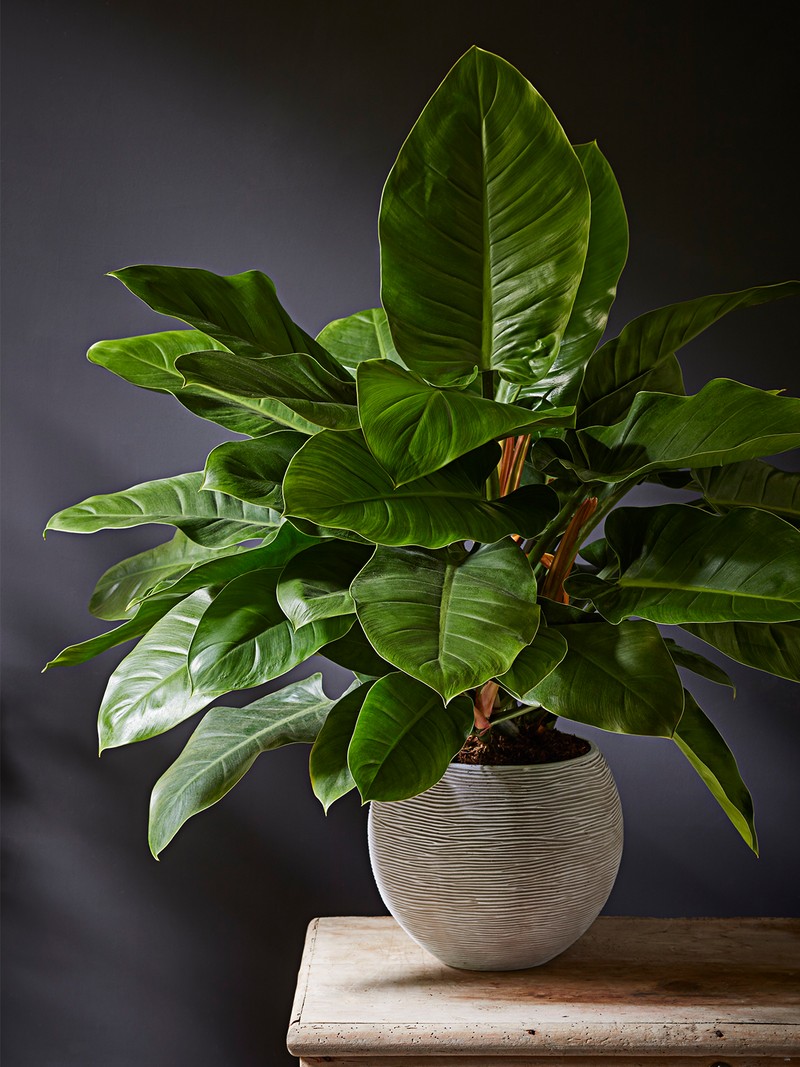
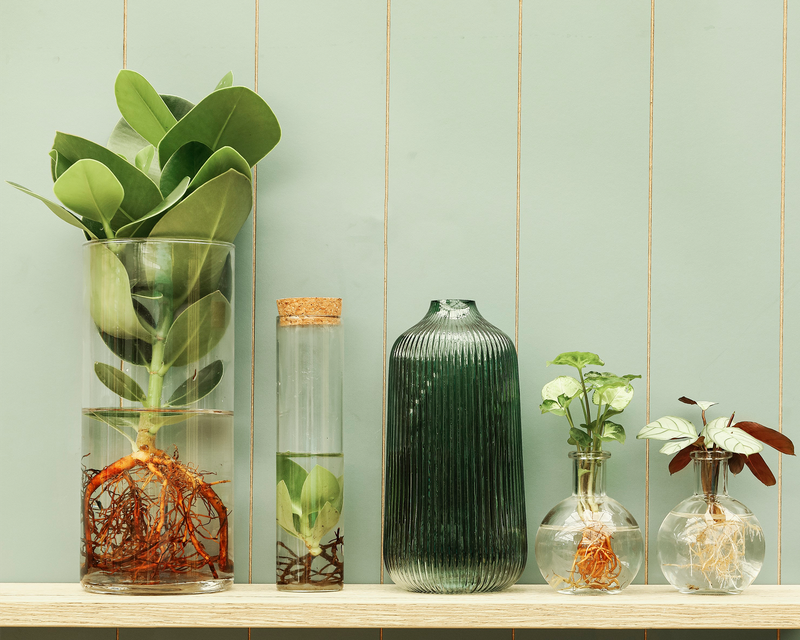
The Air Quality Will Improve
“Plants can help you get a good night’s sleep by purifying the air in your bedroom and producing a relaxing scent,” explains Chris. “Plants such as aloe vera give out a lot of oxygen at night so you can breathe better, as well as removing the toxins from the air.”
These air-purifying properties can help counter headaches, too. “Research has revealed that plants can help to remove benzene, trichloroethylene and formaldehyde from the air,” Chris continues. “Formaldehyde is a gas that is used in the production of leather and wood products, which is why it’s present in many indoor environments.”
They Can Absorb Noise
If you live in a busy area, you might be constantly hearing sounds of cars and passers-by, making it increasingly difficult to relax and rejuvenate. Creating a stress-free indoor plant sanctuary will reduce noise levels indoors. “This is because larger plants take up a large surface area, making them more effective at absorbing sound and providing a sense of tranquillity,” says Chris. “Place your larger plants around the perimeter of your space so the sound bounces from the walls straight into the surface of the leaves.”
Inspired? Follow James’ advice to choose the right plant for you…
Choosing the right plant for the right space will definitely make your life easier, James advises. “Figure out if the light conditions are right – most plants are happy with brighter, indirect light, but a sun-craving cactus or banana plant won’t be happy in a shady corner. Make sure you are also happy with the amount of maintenance your plant will require. Some plants such as ferns can take quite a lot of work to keep them looking good, for example.” If you are new to plants, start with a couple of low maintenance species to build your confidence.
Air Purifying
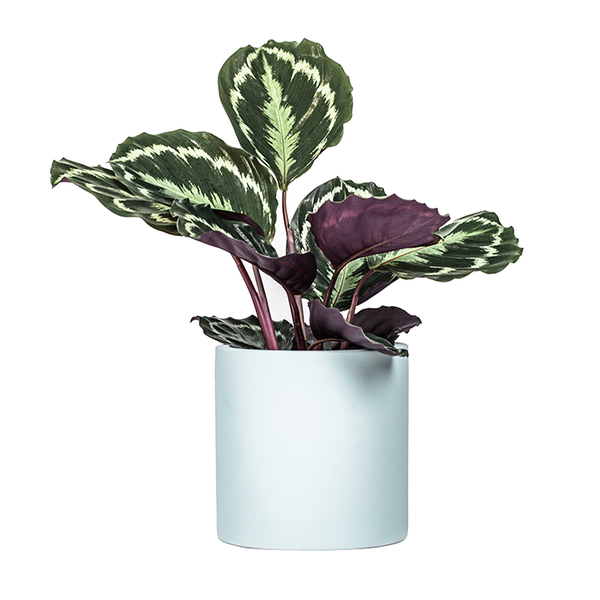
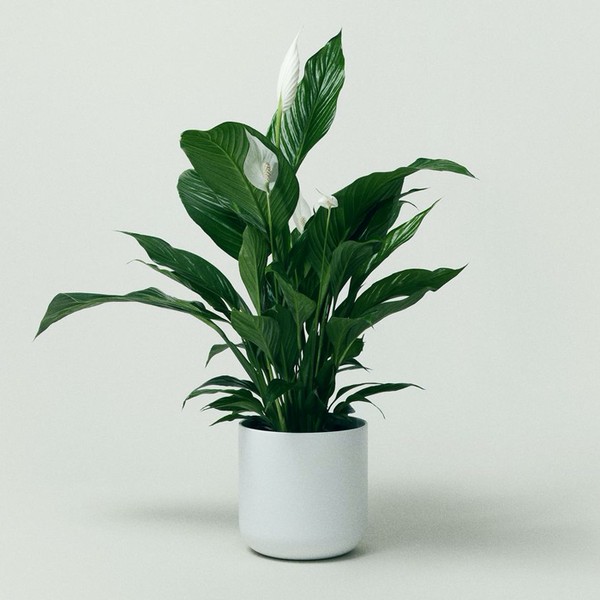
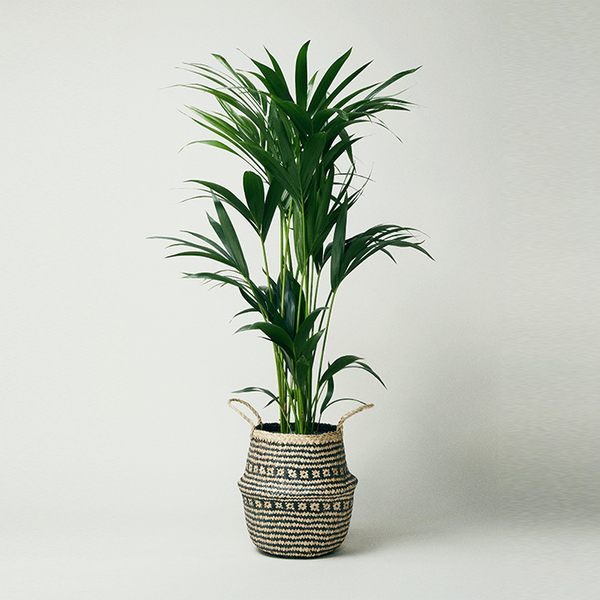
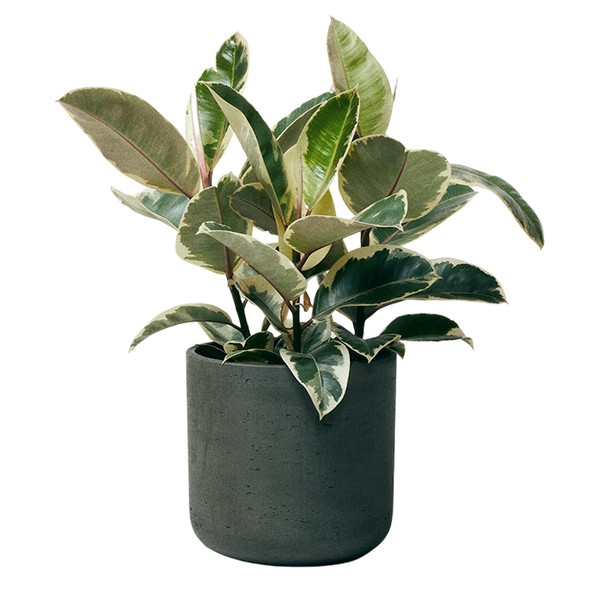
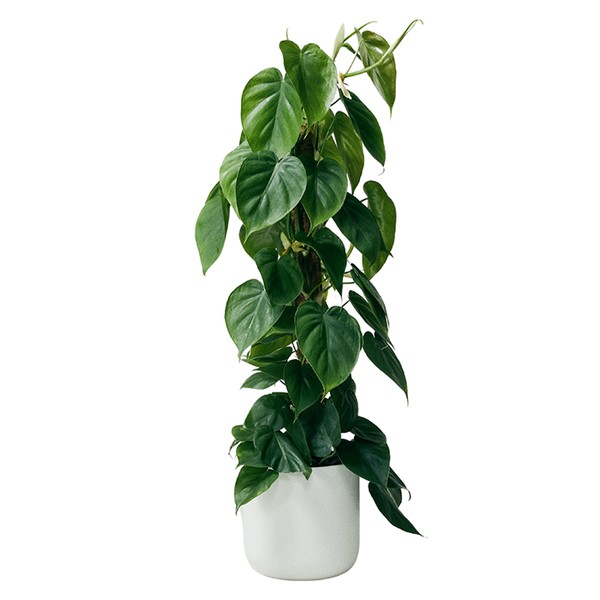
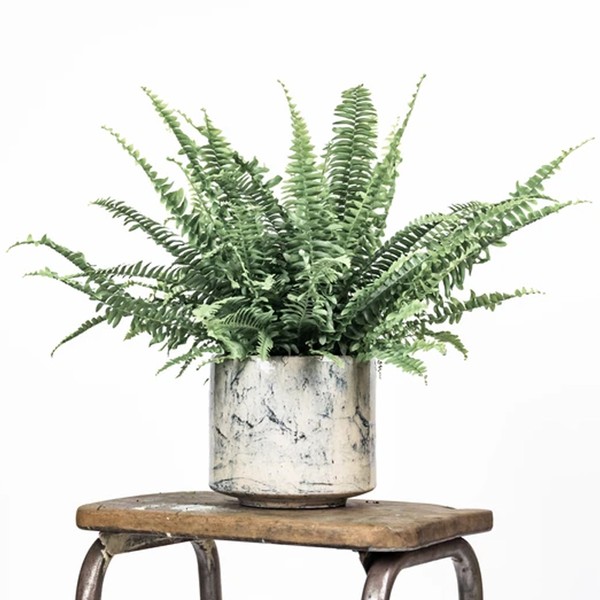
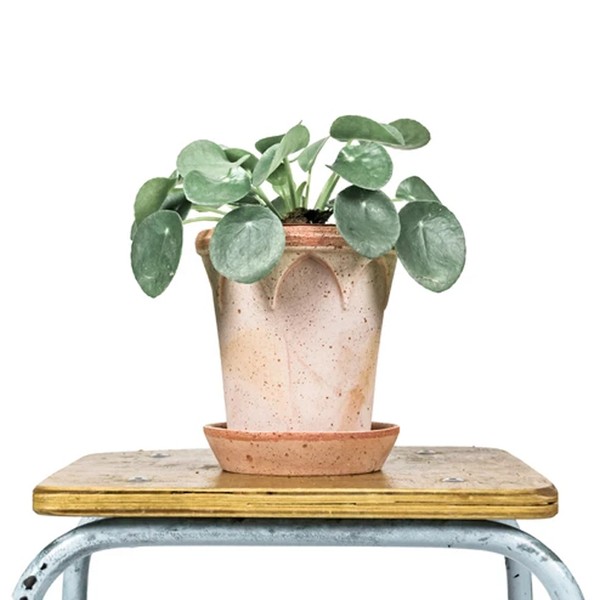
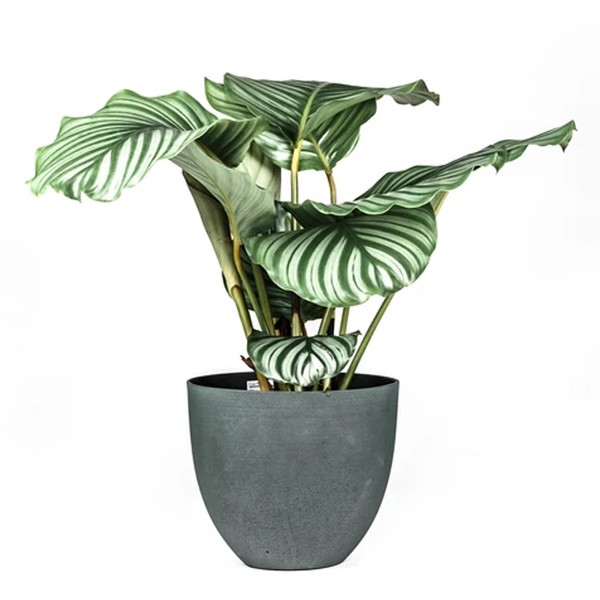
Hardest To Kill
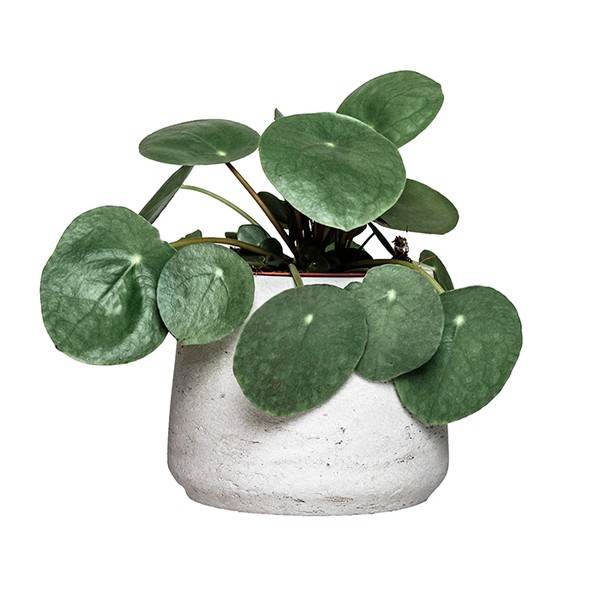
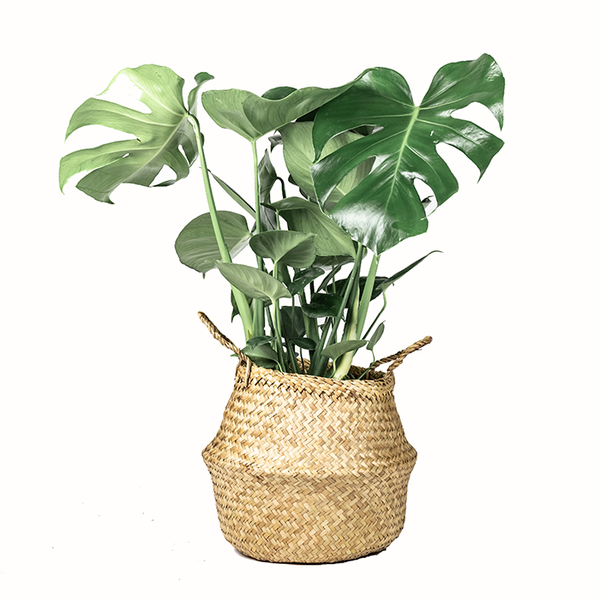
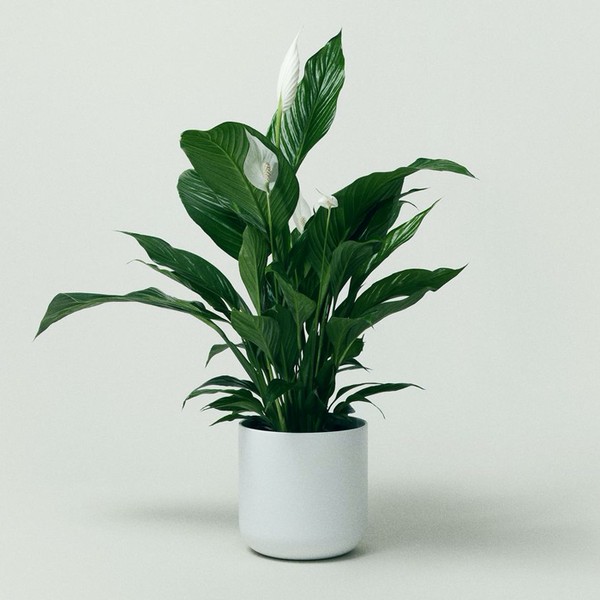
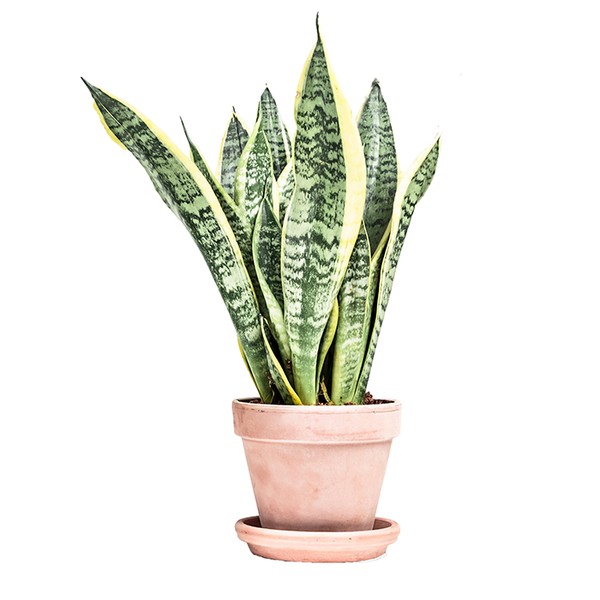
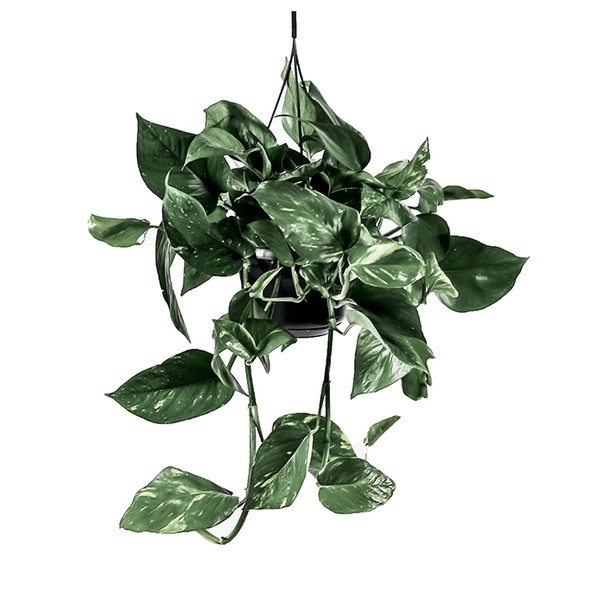
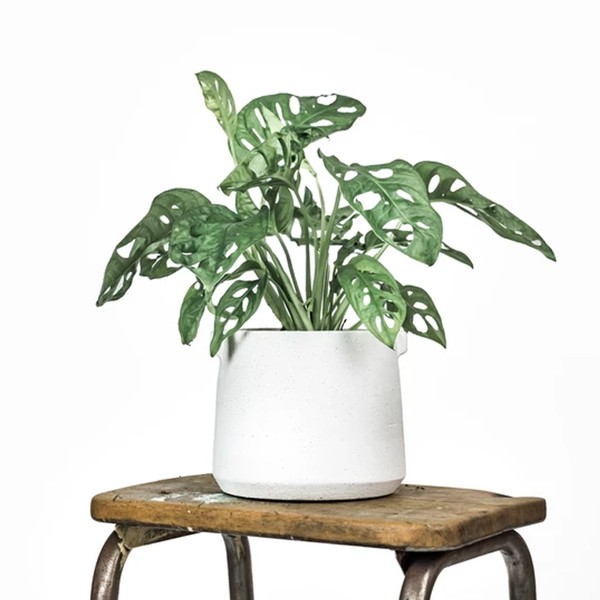
Low Light Loving
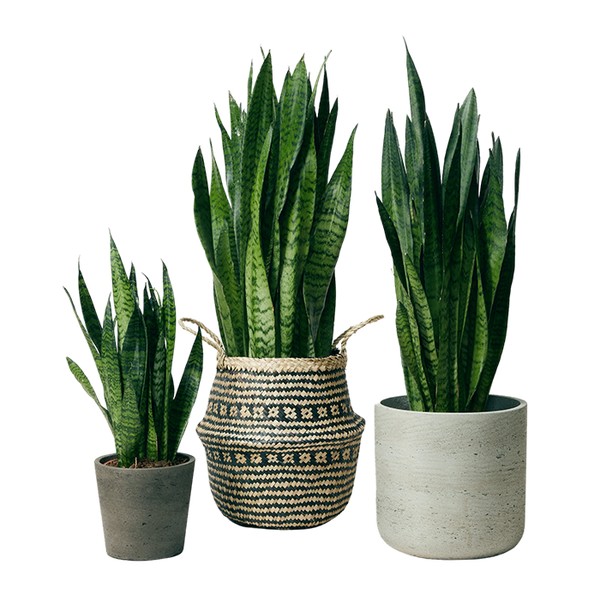
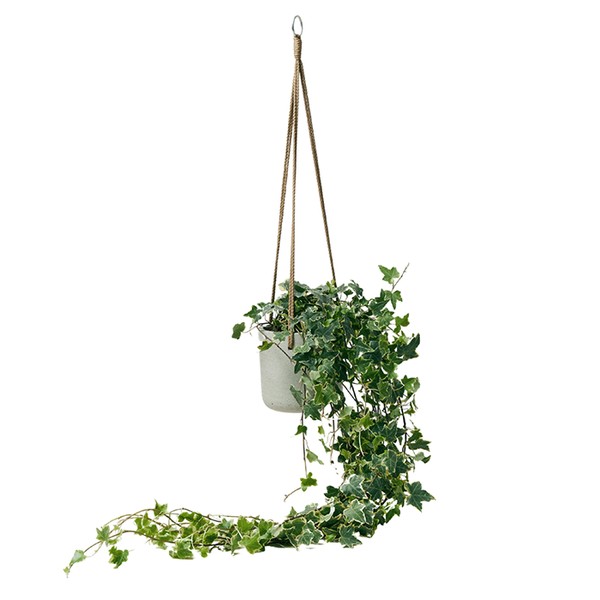
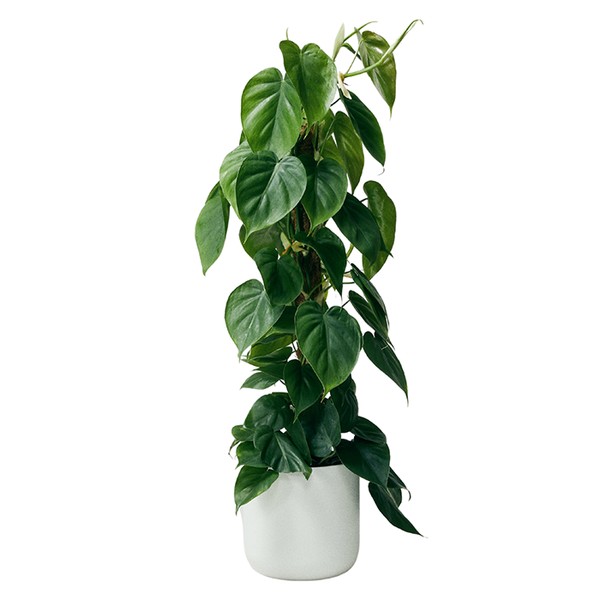
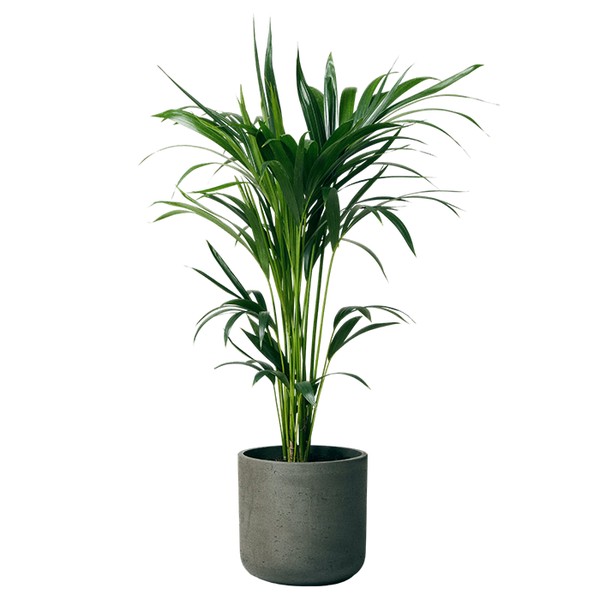
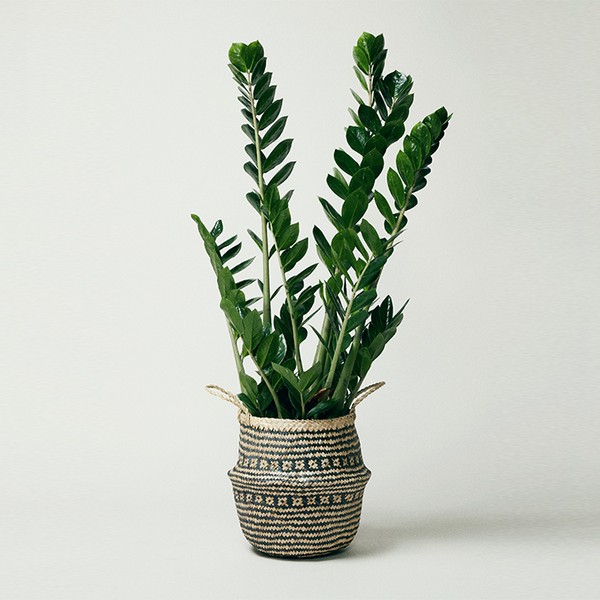
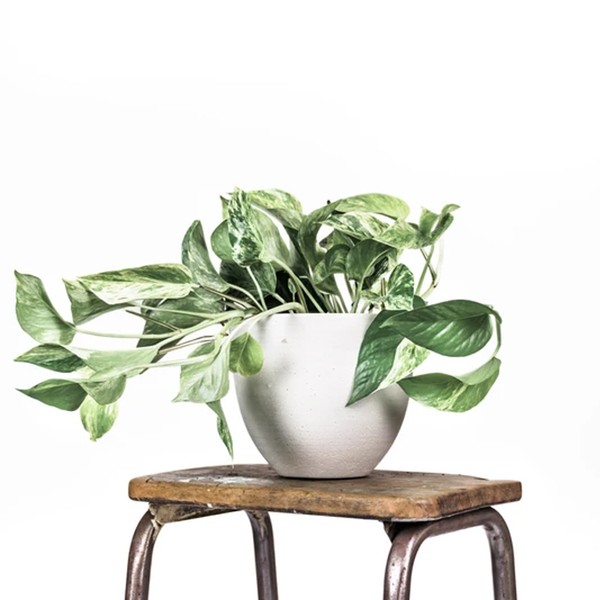
Visit TheStem.co.uk and LeafEnvy.co.uk
DISCLAIMER: We endeavour to always credit the correct original source of every image we use. If you think a credit may be incorrect, please contact us at info@sheerluxe.com.

